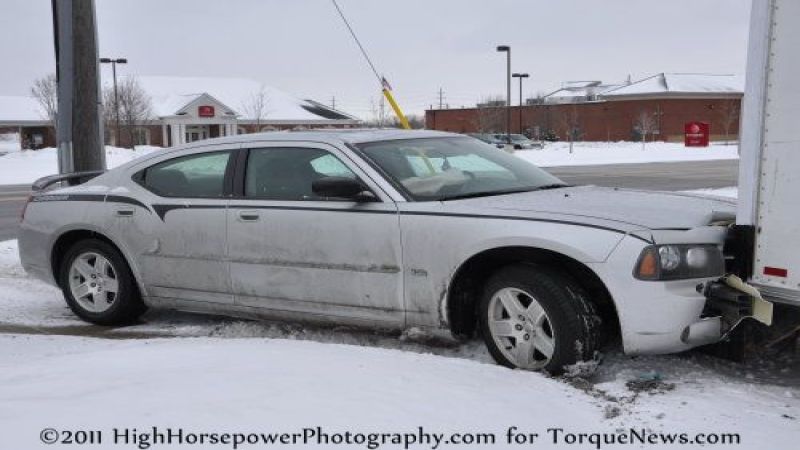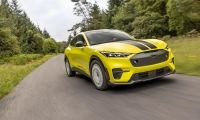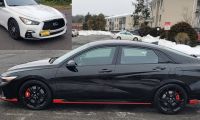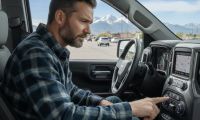"Today, the least expensive lane departure warning systems on high-end models cost $500, but this new cost-effective family of Qorivva 32-bit microcontrollers will help lower the price to $100 so standard models can take advantage of these sophisticated collision avoidance systems," said Allan McAuslin, an automotive marketing manager at Freescale.
The Insurance Institute for Highway Safety (IIHS) has calculated one in three vehicular crash fatalities are avoidable with this advanced driver assistance technology. The ultimate goal of advanced driver assistance systems (ADAS) is reaching a zero-fatality rate globally, unlikely as that may seem. The new Qorivva is expected to make this goal possible by lowering the cost of blind-spot detection, lane-departure warnings, side-view assistance and adaptive headlight controllers.
The Qorivva MPC567xK is inexpensive in itself, and additionally reduces the necessity of external signal processors thanks to its dual-core Z7 Power Architecture CPUs.
The system functions at up to 180 MHz, with up to 2 MB of flash memory and 512K SRAM, plus it works with Freescale's 77 GHz silicon germanium emitters for radar-based ADAS solutions.
The microcontroller functions with AUTOSAR software and includes a MCAL driver suite plus a real-time operating system. Freescale includes general-purpose development tools, including compilers, debuggers and the CodeWarrior development studio as well.
If you have ever driven a car with blind spot detection, you will probably agree it is a feature that should be on all cars and could possibly prevent hundreds if not thousands of accidents a year.
Hats off to Freescale for bringing this closer to reality for us all.
Set as google preferred source










